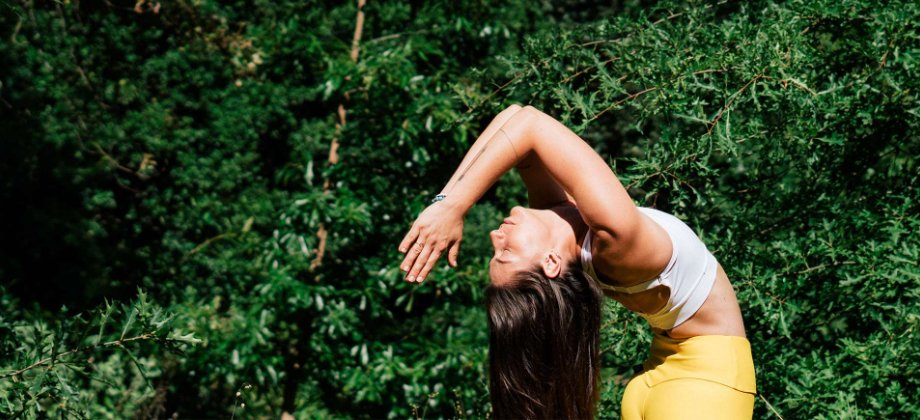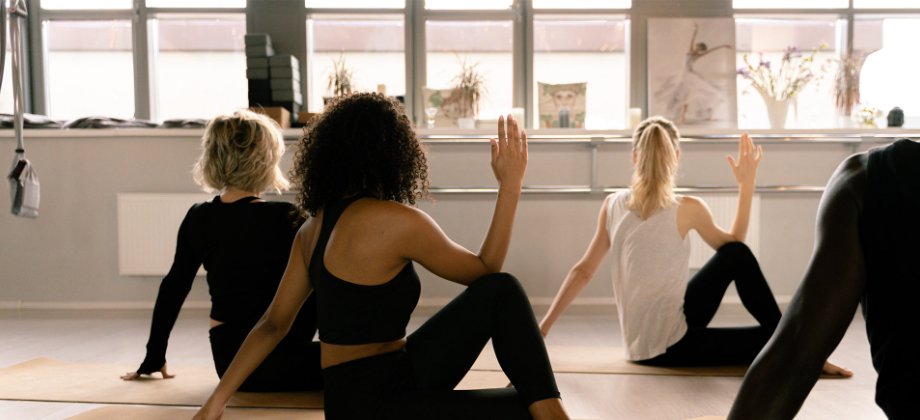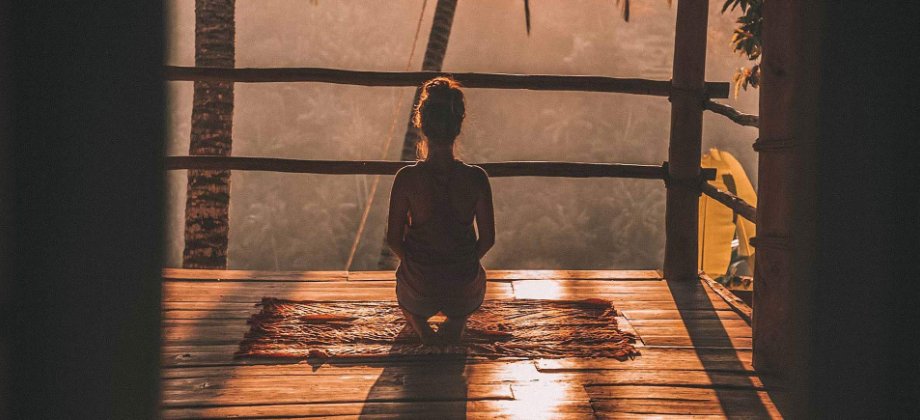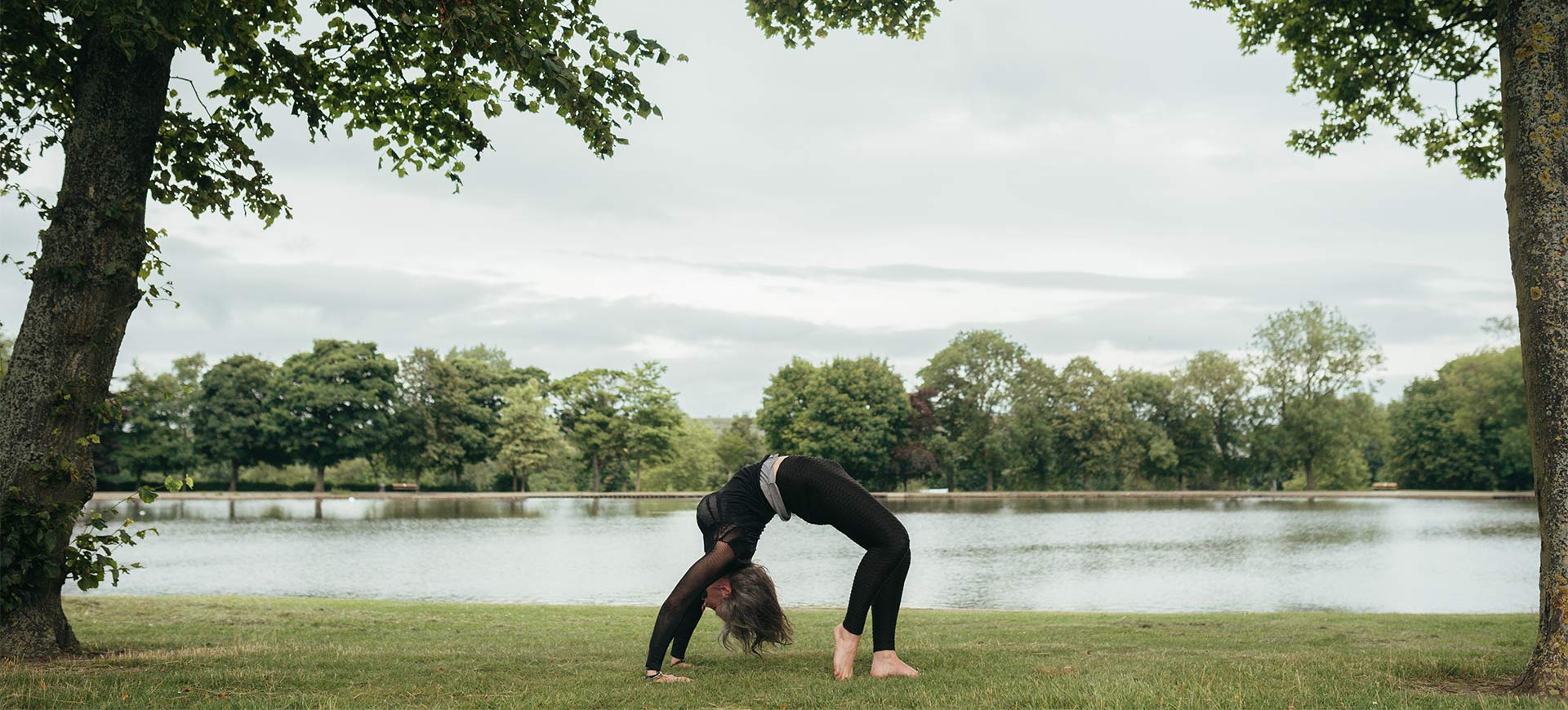
Aparigraha: The Joy of Having Less
In a society consumed by materialism, where having more means pursuing a higher living standard, even yoga, a discipline based on the concept of non-greediness, is surrendering to the alluring power of consumerism.
We see it every day on our social media channels. Try scrolling on your Facebook or Instagram page for instance: you’ll probably find your screen clogged with pictures of the most refined yoga gear, “ritual-essential” candles, teas, fancy yoga-clothing generally sold as “basics”. Due to their catchy ads, they’ve all now become absolute must-haves for many yoginis, proving the inevitable fate of yoga: a practice and a philosophy that is gradually losing its real meaning, overshadowed by marketing strategies that sell us a sort of ready-made yogic lifestyle.
Being minimalist though doesn’t only help us to identify what matters: it is a way to simplify our lives.
This only shows how we have lost touch with what’s important, and this concept does not apply to yoga only… We are literally surrounding ourselves with stuff we don’t really need, things we are told to buy in order to have a better, happier life.
The inconvenient truth is that, as said in a famous movie, “The things you own end up owning you”.
Defining Aparigraha
As a matter of fact, the idea of possessiveness collides with the philosophy of yoga itself, which has always encouraged simple living and a non-materialistic approach to life. Minimalism is indeed a crucial aspect to yoga, as it’s closely related to what Patanjali in his Yoga Sutra defined as a fundamental “yama”, aparigraha, which literally means “non-greed”, non-possessiveness. Aparigraha means, in other words, to detach from materialism and this idea is also tightly interconnected to another Patanjali’s Niyama, santosha, or “contentment” which tells us to be satisfied with what we have and not desiring more. In addition, materialism appears to be also completely unnecessary to our practice.
Think about it: what do we really need for our practice?
The answer is simple: Our body, our mind, and a mat (which can even be avoidable at times). That’s all, just the endless power of our bodies under the influence of a peaceful yet steady mind. After all, isn’t this what Yoga is all about?
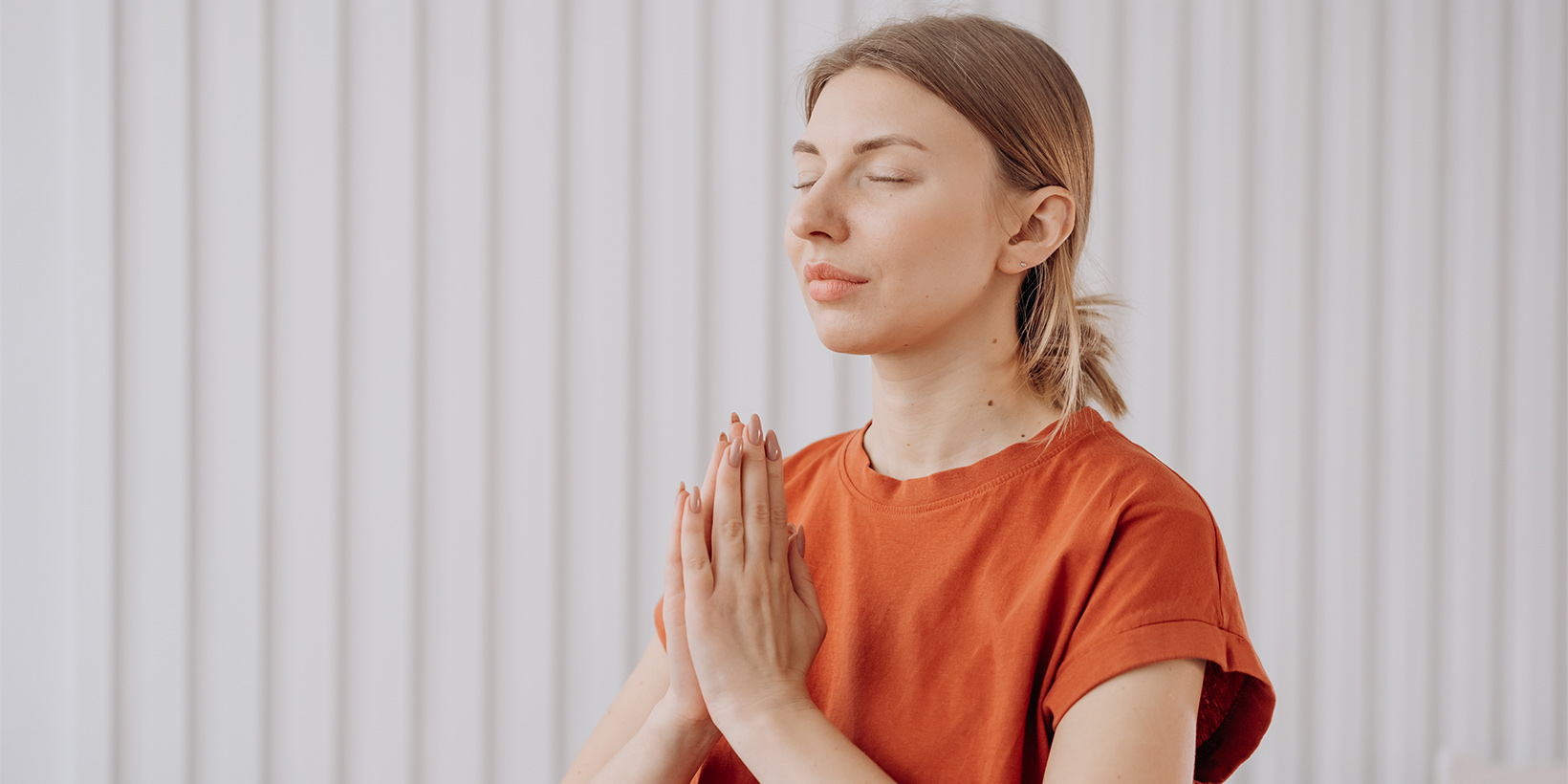
What does Minimalism actually mean and why is it a good thing?
Minimalism doesn’t simply imply to “avoid buying things”, rather, “declutter your space to declutter your mind”. Minimalism is about freeing our space, getting rid of what we don’t need and avoid buying what doesn’t serve us, so to leave some room for the things that are valuable in our lives.
Being minimalist though doesn’t only help us to identify what matters: it is a way to simplify our lives. In time you’ll see that when you start owning less, you generally tend to get less stressed over things; hence, we could definitely say that minimalism is an effective stress-reliever! Another perk is that, when you start consuming less, you have the chance to take control of your finances and avoid spending a fortune on futile things. On top of that, minimalism is an intelligent way to be more eco-friendly because having less means producing less waste!
How can you start?
So you have decided that you want to include minimalism into your daily life?
Here are a couple of tips that can help you get started:
- Try practicing conscious buying: perhaps the most effective way, which may seem a bit obvious, is to train yourself to put more awareness into what you’re buying. When you find yourself wanting to desperately buy something, try asking yourself “Why do I want it?”, or “Do I really need it?”. Believe me, this can prevent you from accumulating useless stuff.
- Get rid of what doesn’t serve you: When you start decluttering you can truly experience a deep sense of freedom. To do this, begin clearing our space, leaving only the essential: start with small things, like your closet, a drawer, and so on. Just keep in mind to ask yourself the same questions I’ve just mentioned.
- DIY= It’s also worth remembering that our goal is not to just get rid of things: we could even figure out a creative way to recycle what we no longer use! After all, simple living also takes some creativity, but if your craft skills are not the best, my suggestion would be to watch some DIY tutorials. Try searching something like “how to make your own cleaning products” for example, or “how to recycle your old clothes” and such on…
Just get inspired and you’ll surely find something cool to make!
These two guys have literally built a concrete movement out of minimalism, proving that once you really embrace simplicity you end up having a way richer life
Pro Tip
If you’re really interested in this topic and want to deepen your knowledge of the matter, I suggest a genuinely motivating read: “16 Rules for living with less” by Joshua Millburn and Ryan Nicodemus. Otherwise, if you’re more into movies, you can try watching their equally driving documentary, “Minimalism: A Documentary about the Important things”.
What’s fascinating about this movie (as well as the book) is that these two guys haven’t just decided to share their experience with minimalism, but they also chose to include the stories of other people, like families, entrepreneurs, artists, and even a former Wall Street Broker who started to live a simple life. These two guys have literally built a concrete movement out of minimalism, proving that once you really embrace simplicity you end up having a way richer life, and as they say:
“Minimalists don’t focus on having less, less, less. We focus on making room for more: more time, more peace, more creativity, more experiences, more contribution, more contentment, more freedom. Clearing the clutter frees up space“.


